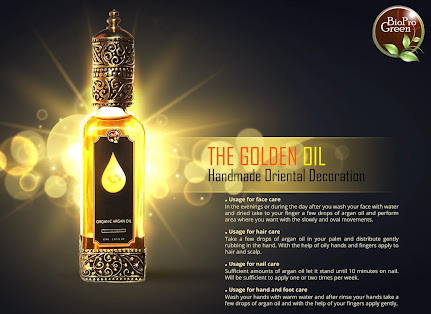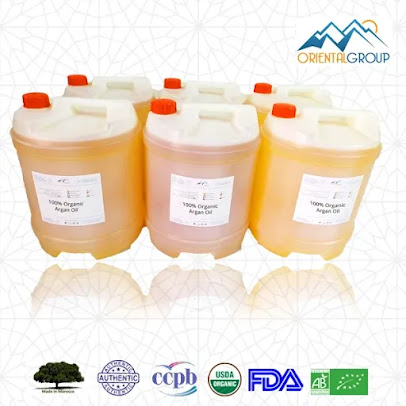Argan Oil vs. Other Natural Oils: What Makes It Unique?
Introduction to Natural Oils
Natural oils have been used for centuries in skincare, haircare, and wellness routines. Among them, argan oil stands out. It has gained widespread popularity due to its rich composition and versatile applications. But how does it differ from other natural oils like coconut, olive, or jojoba oil?
Key Differences: Argan Oil vs Other Oils
One of the main differences of argan oil lies in its balanced fatty acid composition. Unlike coconut oil, which is rich in saturated fats, or olive oil, which is mostly made up of monounsaturated fats, argan oil provides an optimal mix of oleic and linoleic acids. This balance makes it highly effective for both hydration and repair in skincare and haircare.
Texture and Absorption of Argan Oil
Another important point is its texture and absorption rate. Argan oil is lightweight and absorbs quickly into the skin without leaving a greasy residue. This is a major advantage over heavier oils like castor oil or coconut oil. It’s especially beneficial for oily or acne-prone skin, as it nourishes without clogging pores.
Nutritional and Cosmetic Benefits of Argan Oil
Argan oil is not only beneficial for the skin but also for hair and overall health. It’s packed with essential fatty acids, antioxidants, and vitamins, especially vitamin E. These nutrients help protect the skin from oxidative stress and premature aging. Its high linoleic acid content improves skin elasticity and helps prevent moisture loss. Additionally, its anti-inflammatory properties soothe irritation and redness.
Conclusion
Argan oil is unique due to its balanced composition, lightweight texture, and rich vitamin content. Compared to other oils like coconut, olive, and jojoba, argan oil offers an unmatched combination of hydration, nourishment, and versatility. Whether used for skincare or haircare, it’s one of the most effective and popular choices.









